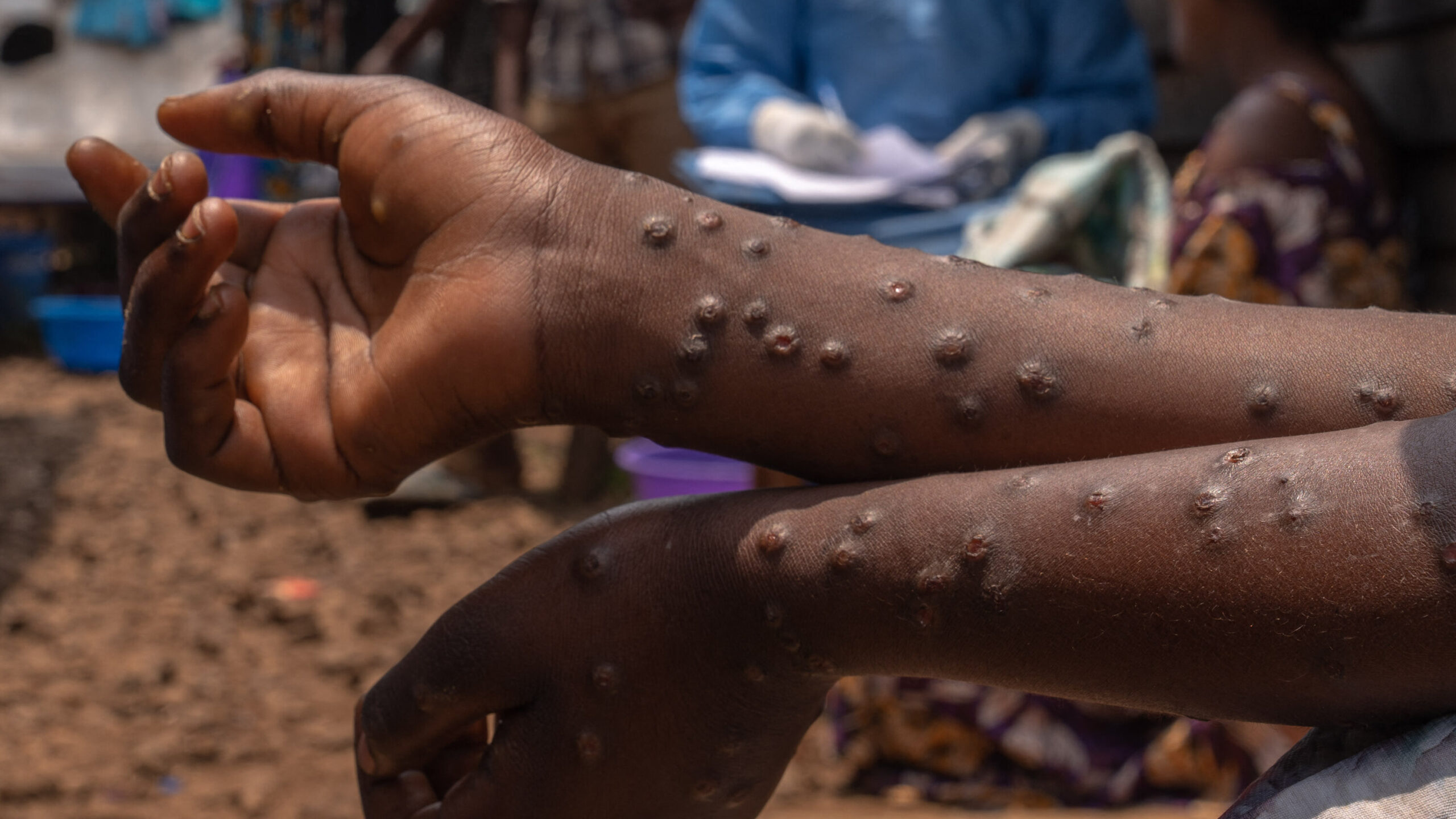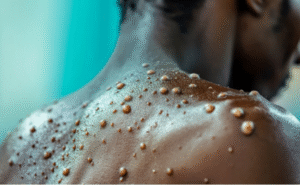Published
8 months agoon
By
Adubianews
Efforts to combat the spread of Mpox in Ghana have received a major boost following a donation of testing kits and reagents from the World Health Organization (WHO). Delivered on June 24, the consignment includes enough materials to screen 3,400 suspected cases and test 625 confirmed samples for viral subtypes.
The supplies are expected to significantly improve detection turnaround times at the National Public Health Reference Laboratory in Accra.

The Ghana Health Service (GHS) welcomed the support, noting that it would enhance community surveillance, contact tracing, and national preparedness in managing the virus. With these new resources, health officials plan to intensify case finding and monitoring across affected regions.
The reinforcement comes at a crucial moment, as 14 new Mpox cases were recorded in Ghana, bringing the total number of confirmed infections to 133. According to the GHS update released on June 25, all new patients are being treated as outpatients, with no new hospital admissions or fatalities recorded. The previous update on June 20 had reported 10 new cases, raising the tally to 119 at the time.

Though the number of infections continues to climb, no severe complications have been documented so far. Health authorities have maintained that the situation remains under control.
Mpox is a viral disease transmitted mainly through close physical contact with infected persons. Symptoms often include fever, skin rashes, swollen lymph nodes, and headaches. While most patients recover without hospitalization, health experts warn that children, pregnant women, and people with weakened immune systems may face higher risks of complications.
In light of the rise in cases, the GHS has advised the public to remain vigilant. Citizens are encouraged to report early symptoms, avoid close contact with symptomatic individuals, and practice regular handwashing with soap and water.

The public is also urged to rely on verified sources of information and refrain from spreading misinformation, especially on social media platforms.
With the total number of confirmed cases now at 133, Ghana’s health authorities continue to stress the importance of community cooperation and proactive health practices to help contain the outbreak.

























